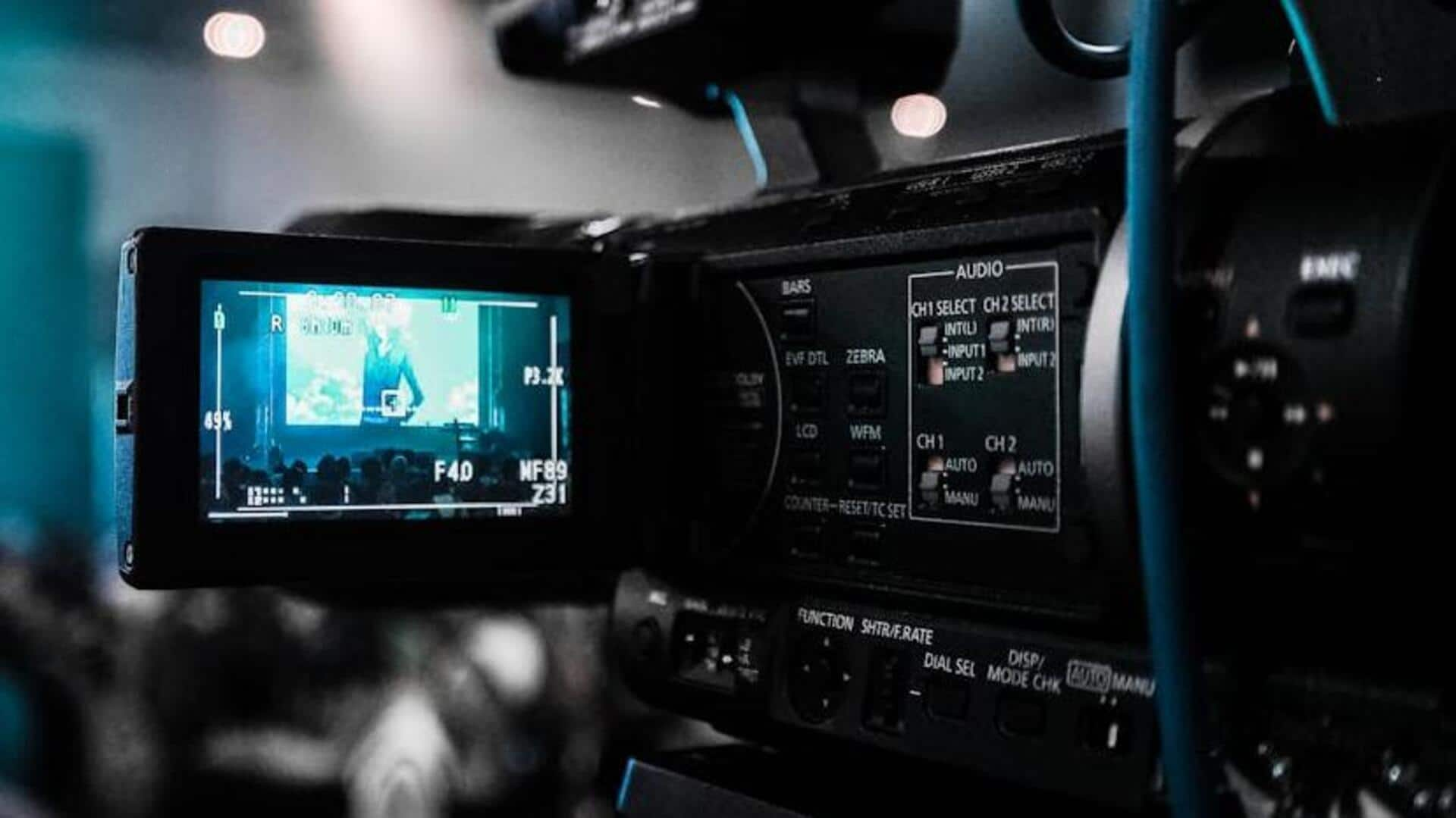
A cinematic feat: Obsessing over the best one-shot films
What's the story
One-shot films showcase the zenith of filmmaking skill, encapsulating entire narratives in a single, uninterrupted take. This demanding technique necessitates extensive planning and precise coordination among the cast and crew. The outcome is a uniquely immersive cinematic experience that seamlessly melds film with the perception of reality. Here, we spotlight five films that have adeptly conquered this formidable artistic challenge.
Film 1
'Victoria'
Victoria is a German film released in 2015 that unfolds over one night in Berlin. Directed by Sebastian Schipper, it features a young Spanish woman who becomes entangled in a dangerous heist. The entire 138-minute film was shot in one continuous take, creating an intense and authentic atmosphere that keeps viewers on the edge of their seats.
Film 2
'Russian Ark'
Aleksandr Sokurov's Russian Ark, released in 2002, stands as a technical marvel and a vivid portrayal of Russian history. The film, shot in one continuous take within St. Petersburg's Hermitage Museum, gracefully moves through 33 rooms. It features a cast of over 2,000 actors and three orchestras, masterfully encapsulating centuries of Russian culture in an unbroken cinematic journey.
Film 3
'Birdman'
Alejandro G. Inarritu's Birdman or (The Unexpected Virtue of Ignorance) cleverly simulates a one-shot film through meticulous editing. Released in 2014, this critically acclaimed movie features Michael Keaton as a faded actor attempting to revive his career with a Broadway play. The film's unbroken visual flow intensifies the lead's inner conflicts and the frenetic pace of life in the theater.
Film 4
'Rope'
Alfred Hitchcock's Rope, released in 1948, is a pioneering film that explores the one-shot technique. Despite technological limitations of the era, which necessitated concealed cuts between longer takes, the movie maintains an illusion of continuity. The plot revolves around two men hosting a dinner party while attempting to execute and conceal a perfect murder. The plot creates a suspenseful and claustrophobic atmosphere that captivates the audience.
Film 5
'Timecode'
Mike Figgis' Timecode (2000) is a cinematic innovation, featuring four continuous takes on a split screen. This format tracks multiple characters throughout Los Angeles, with their lives intersecting in real time. The film's raw and dynamic aesthetic is heightened by the cast's improvisational performances, making it a unique exploration of storytelling that captivates with its simultaneous, interwoven narratives.